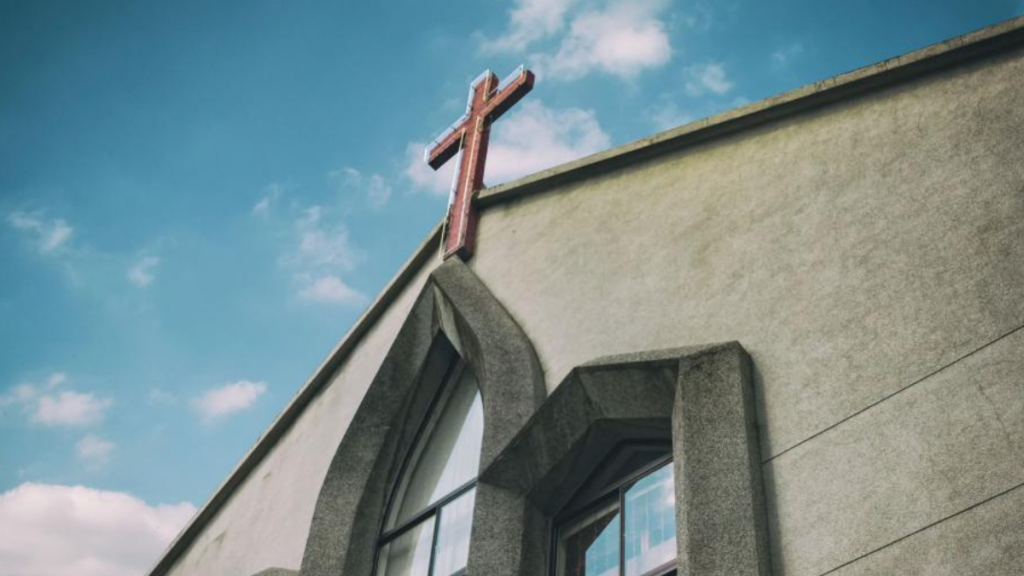In a contentious custody dispute before the Maine Supreme Judicial Court, Emily Bickford is appealing a Portland District Court order that bars her from taking her 12-year-old daughter to Calvary Chapel in Portland or exposing her to Bible teachings. The ruling, which grants father Matthew Bradeen sole authority over religious decisions, stems from claims that the church’s services caused the girl psychological harm, including severe panic attacks and notes about “the rapture is coming.” Bickford, represented by Liberty Counsel, argues the order unconstitutionally infringes on her First Amendment rights to guide her child’s faith, affecting not just church attendance but any contact with religious texts or philosophy.
The lower court’s decision followed testimony highlighting the daughter’s emotional distress after starting at Calvary Chapel, where Bradeen alleged “alarming psychological signs” made it “psychologically unsafe” for her to continue. Bradeen’s attorney, Michelle King, defended the order as a necessary preemptive measure under legal precedent to prevent severe emotional harm, without requiring irreparable damage. The ruling awards Bradeen final say on participation in other churches and religious groups, stripping Bickford of her shared decision-making role in the child’s religious upbringing.
Liberty Counsel’s appeal brief accuses Bradeen of being “demonstrably and openly hostile” to Bible instruction, with broad objections to both Old and New Testaments. Founder Mat Staver called the order’s scope “breathtaking,” prohibiting even religious literature or philosophy, and warned it poses a “serious threat to religious freedom.” The group contends that one parent’s beliefs cannot justify favoring them in custody, emphasizing that courts must not entangle themselves in faith matters absent clear abuse.
Justices are expected to weigh whether the girl’s reactions meet the high threshold for curtailing constitutional protections. As of late 2024, the Maine Supreme Judicial Court is deliberating the appeal, with a ruling pending that could reverse, uphold, or modify the order. A decision may set precedents for custody cases nationwide involving faith, potentially safeguarding or limiting how courts address claims of psychological harm from religious exposure. For Bickford, the outcome will determine if her family’s Christian practices can continue amid the ongoing parental rift.
